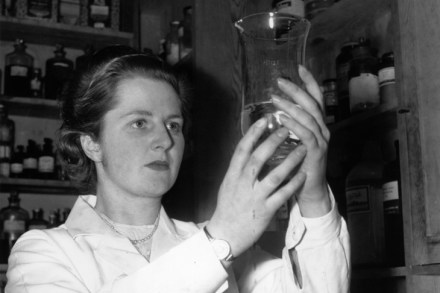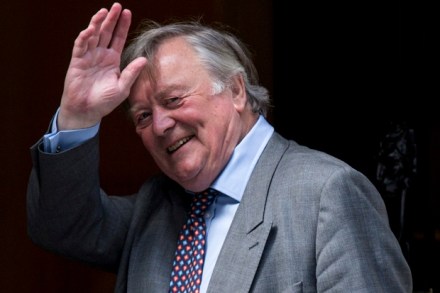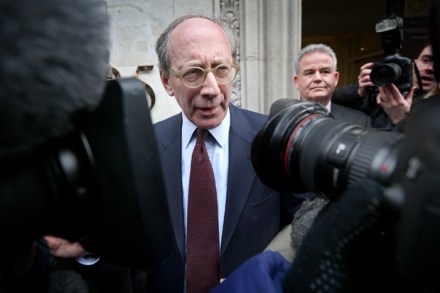Men in suits
After he invented the term young fogey (in The Spectator in 1984), the much lamented journalist Alan Watkins coined the term men in suits. Of course other people before him had used the phrases young fogey and men in suits as nonce formations. Watkins identified both as what has since been denominated ‘a thing’. By his own account, even before Margaret Thatcher had been dislodged by them in 1990, the men in suits (identified as a group by the definite article) had been transformed into the men in grey suits. This, he observed, was inaccurate: ‘The typical Conservative grandee tends to wear a dark blue or black suit, with chalk-




















